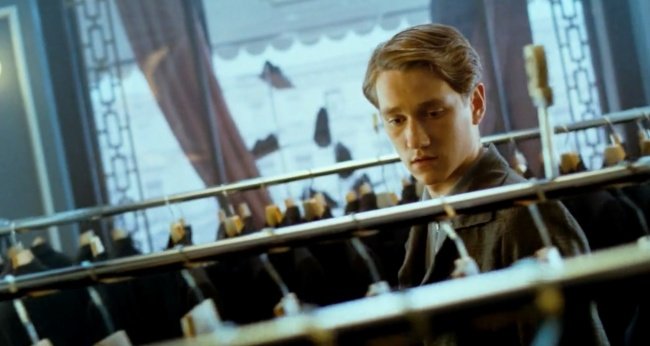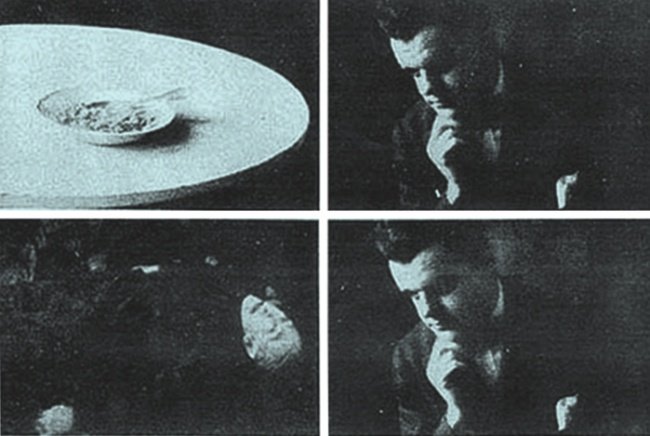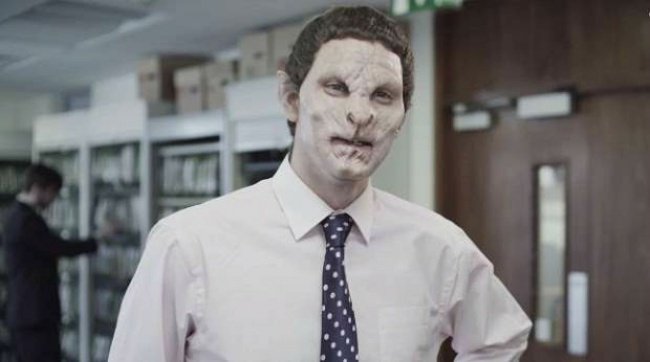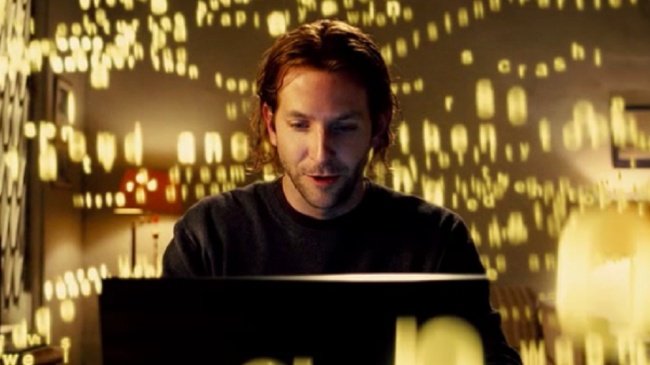Top 10 psychological effects that affect human behavior you may not know yet
- 11 differences between sincere friends and fake friends you should know
- 11 mysteries happen in the body when we sleep
- Science is still finding the mystery behind "trypophobia"
Sometimes we often do something and then think why we do that? Is it true? In fact, there is always a reason behind our actions, but most of them are hidden in a certain psychological state.
We've found 10 psychological effects that affect people's behavior every day and you'll understand why you act in one way or another. Invite you to consult!
10. Anchor effect
 © Depositphotos
© Depositphotos
People often find it easier to evaluate an item if they include the original price ( even if wrong ) as an anchor effect. This effect is often used by stores. For example, you will not buy that shirt for $ 300, but if you see its original price of $ 1,000 you would think it would be a waste to miss such a bargain, even though the original price might be due to Order stores themselves. At this point, your decision has been affected by the price of the shirt.
9. Effects that focus on results
 © Depositphotos
© Depositphotos
We often evaluate the accuracy of the decision with the end result , not the course of action to achieve that result. This effect is often used by advertisers, which makes us focus only on the end result ( for example, purchases ). So if you are using a completely new iPhone, it is not possible to claim that you decided to spend all your money on it.
8. Effect of Paradox of Choice
 © Krasnaya Strela
© Krasnaya Strela
The ' Paradox of Choice ' writes that even when our final decision is clear, when faced with many choices, it is difficult for us to feel happy. with what we choose. There is no doubt that this is very familiar to you. Remember: sometimes you buy something and then regret it because you can buy it for a cheaper price, or buy another one . Even if the final decision is the best, we still May be dissatisfied because there are so many choices .
7. Group illusion
 © Depositphotos
© Depositphotos
Grouped illusions are characterized by a tendency to identify relevant points in a completely random sequence of events. This effect is especially common for gamblers, divination and lovers of signs related to fate or fate. Both can make false predictions. Don't make yourself angry!
6. Pratfall effect
 © 20th Century Fox
© 20th Century Fox
Perhaps this is the most interesting psychological effect that everyone has experienced, whether it is aware of it or not. Imagine a couple walking on the street and one of them suddenly tripped. The other will not think ' The other is stupid! 'On the contrary, they feel sweeter and lovable. That's because perfection creates thrust and mistakes create attraction - making them feel more attracted. This is why you should not be so upset when you stumble in front of someone you like because you may become more attractive because of the awkwardness.
5. Kuleshov effect
 © theoryandpractice
© theoryandpractice
The human brain is miraculous, because it always tries to find meaning and sequence events in a chronological order . Effects when viewers, after seeing two unrelated frames, unconsciously form a logical connection for them, called the Kuleshov effect . This effect is successfully used not only for filmmakers but also for marketers, creating certain links with certain products or characters, expressing ideas with images. without the need to pass the testimony.
4. Body Negative effect
 © Social 'Appearance Not Matter' video
© Social 'Appearance Not Matter' video
Body Nagative effect is a situation when a person thinks that he is bad or inferior ; and that is also why their personal lives always fail. Most of these people are very attractive and their problem is that self-esteem is often higher than real imperfections.
3. Survivorship Bias effect
 © Regency Enterprises
© Regency Enterprises
Most of us often judge a problem just by looking at successful people ( "survivors" ), and that's why we only know one side of the problem . For example, we envy a wealthy businessman selling Bengal lamps, but we don't know how many entrepreneurs have failed in this. Look at the problem from many different perspectives.
2. Hard-to-Reach effect
 © Relativity Media
© Relativity Media
In general, this is a phenomenon that makes something more fragile and difficult to achieve, the more people appreciate and aspire. Even when we look at it from a human perspective: those who are self-contained, high-status, unpredictable-they-think-always are an interesting object to approach.
1. The effect is afraid of beauty
 © Depositphotos
© Depositphotos
Do you realize that ordinary people are less likely to sit next to beautiful people ( for example when on public transport ). They just sit when there is no other place to sit. In fact, it is because some people feel stressed when sitting next to beautiful people : excitement, loss of control of behavior, hiding desire, fear of comparison, fear of constantly being caught in the eyes new. Such stressful feeling does not appear when sitting next to a normal person.
See also: Top 10 mysterious psychosis syndrome that the human brain can afford
Having fun!